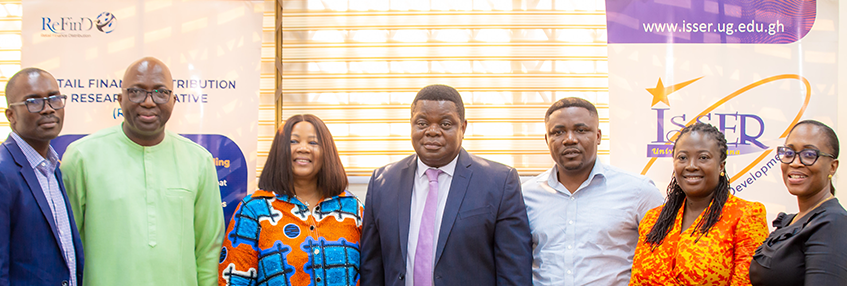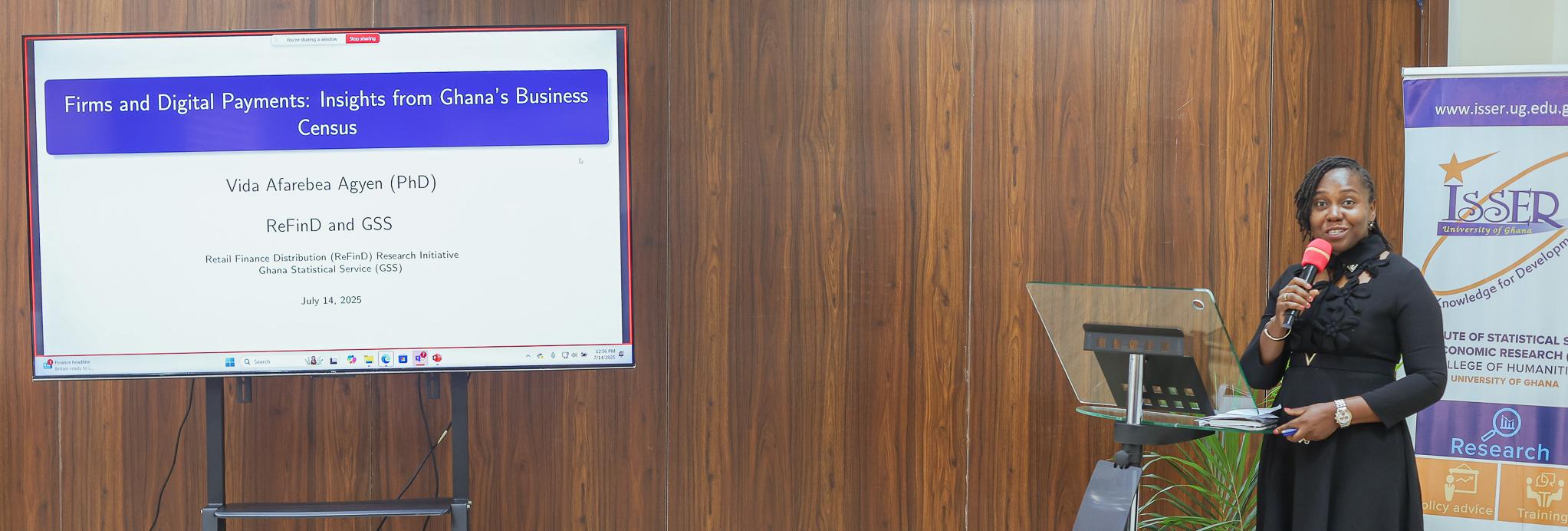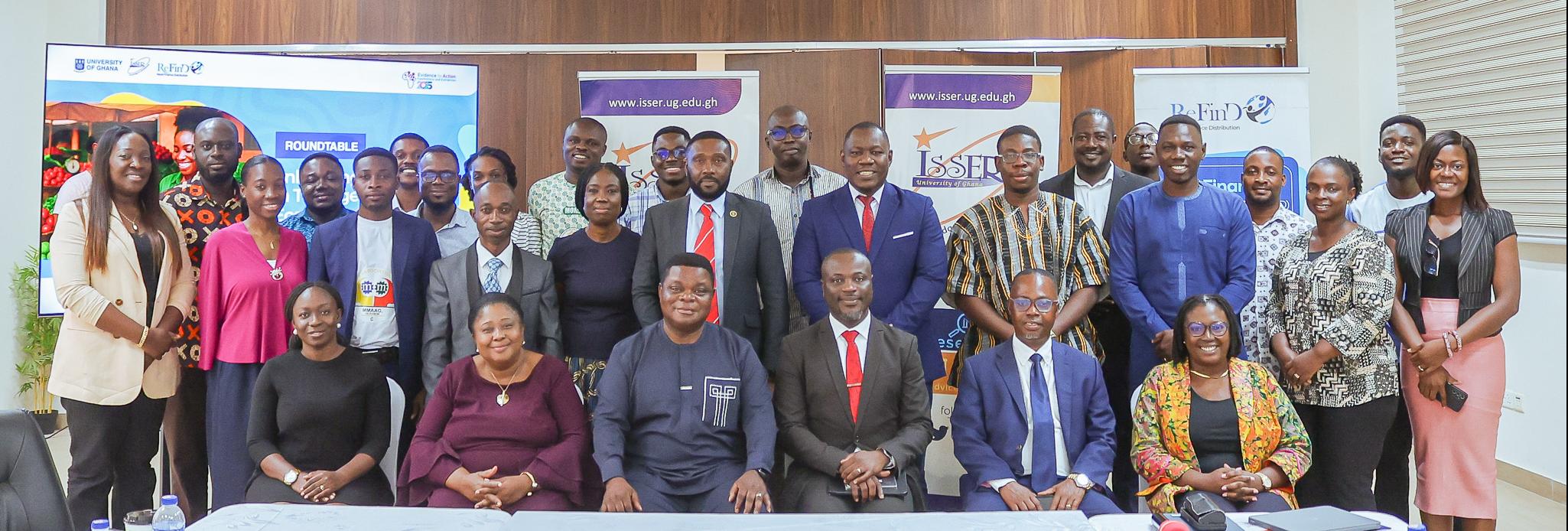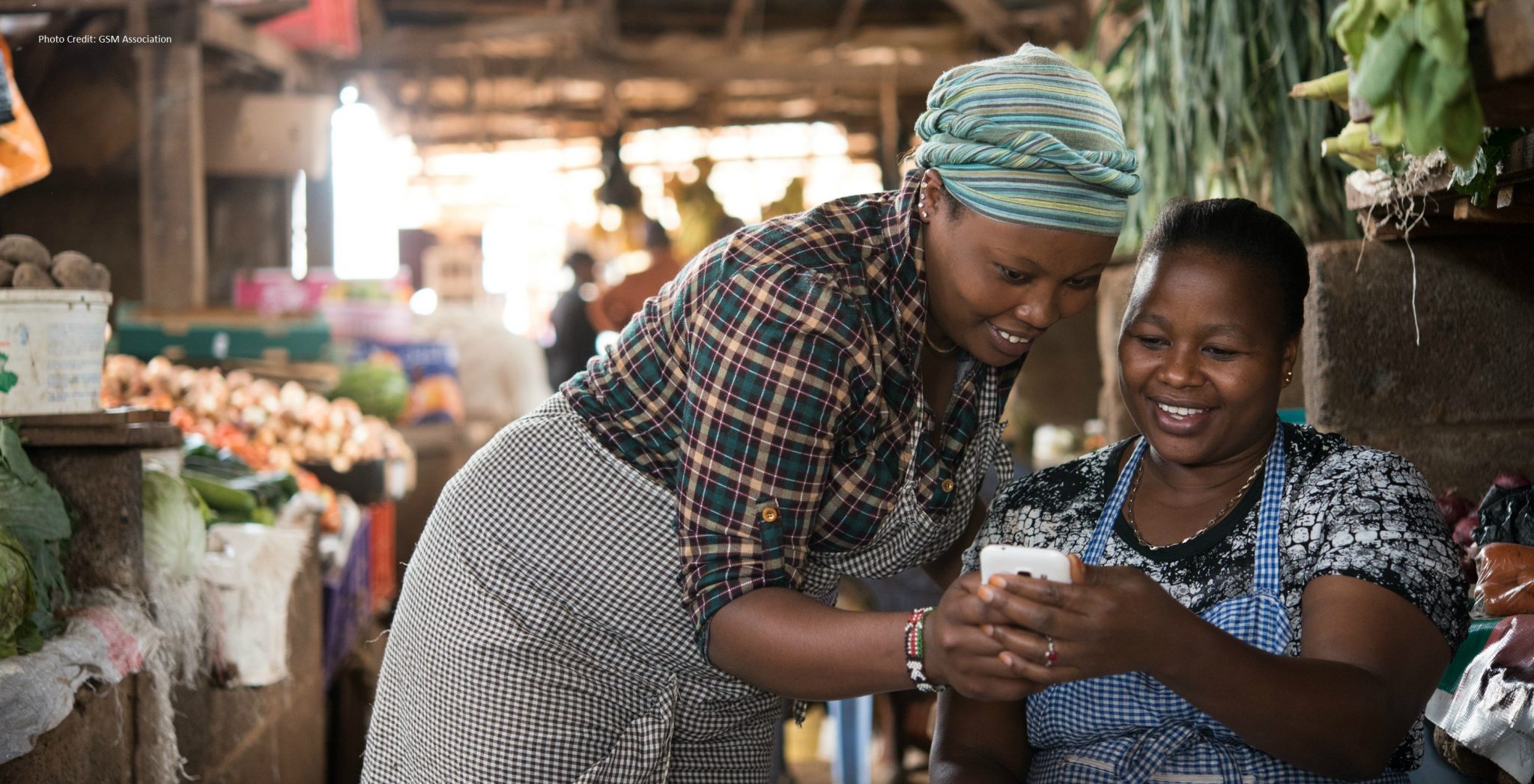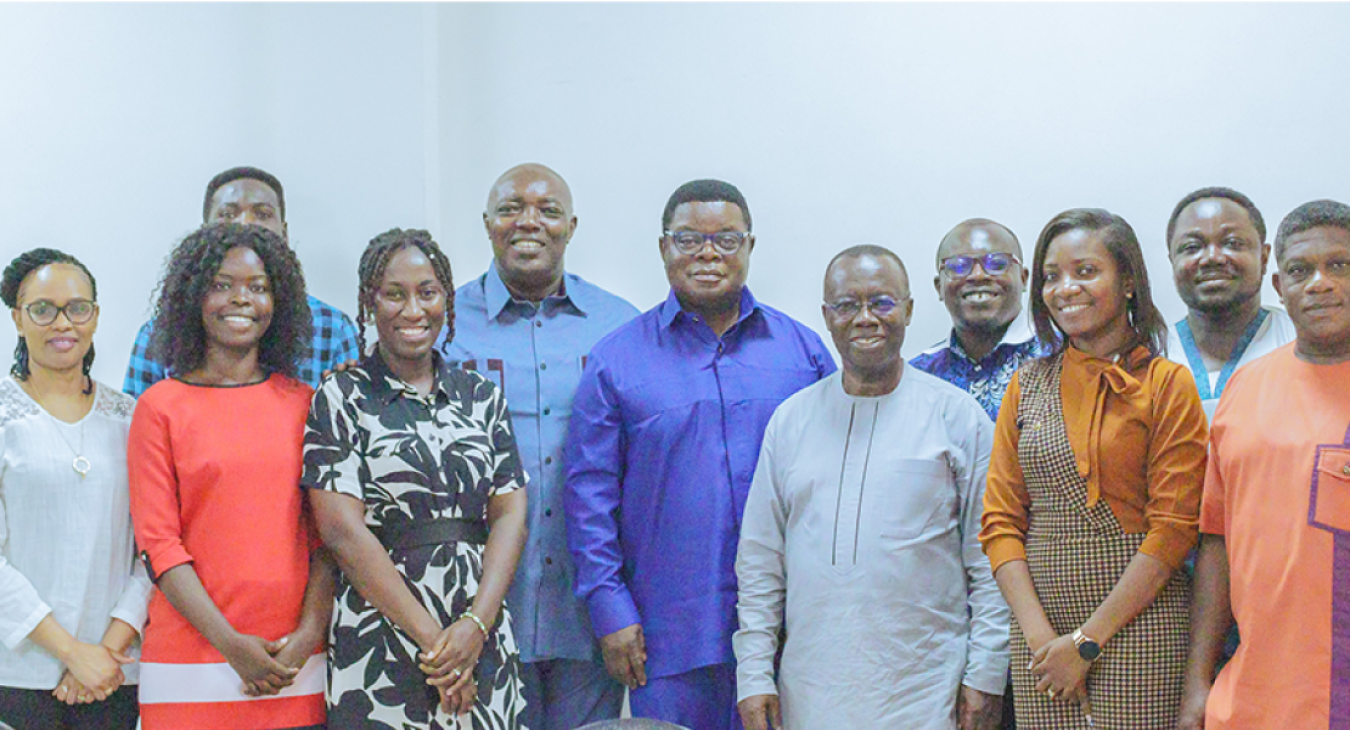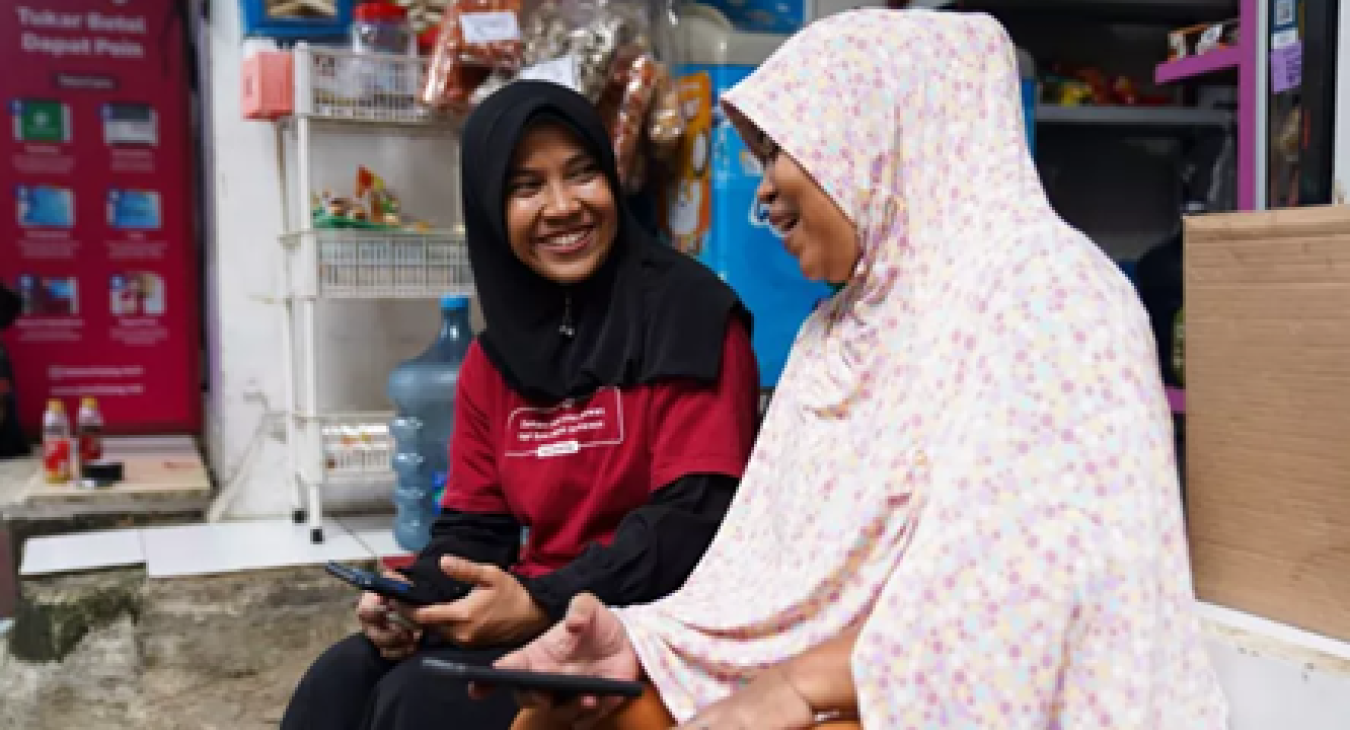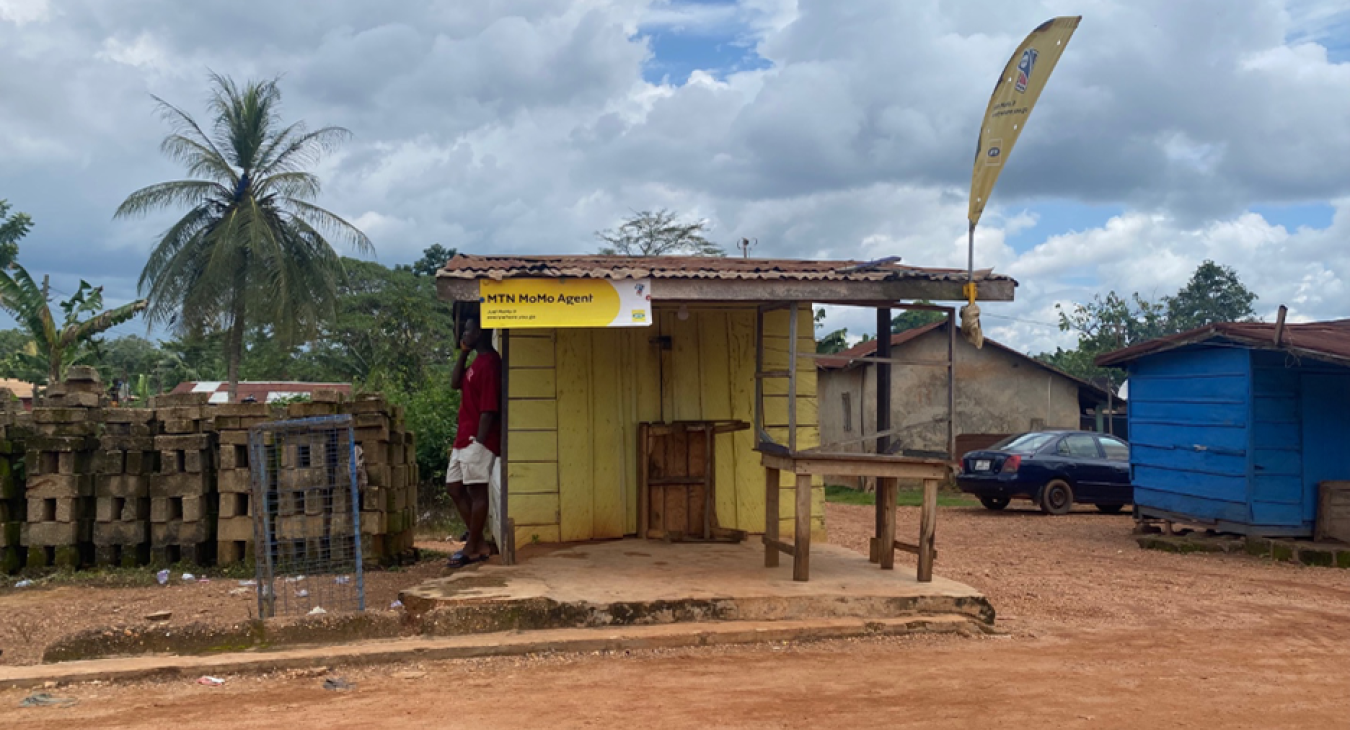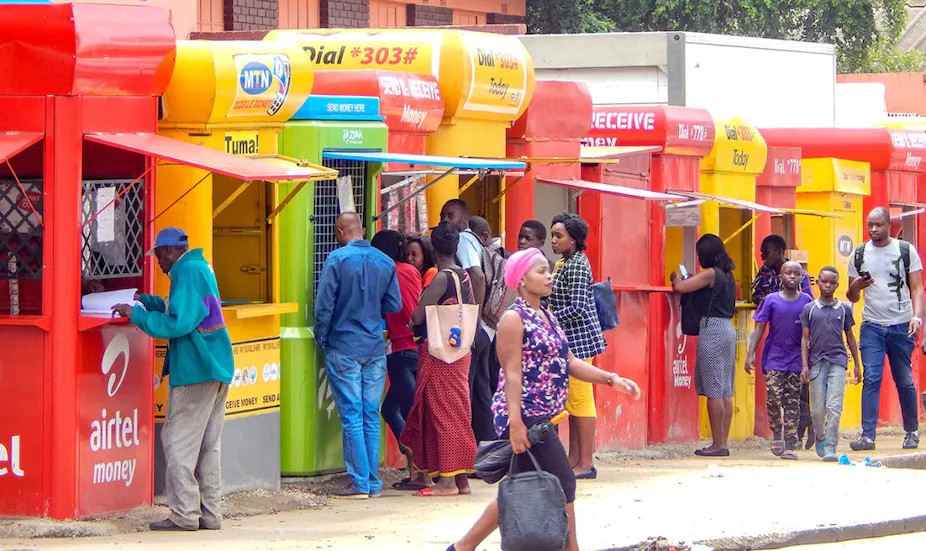Welcome to ReFinD, a research initiative dedicated to exploring retail finance distribution networks in low- and middle-income countries. Our goal is to drive evidence-based policy and financial inclusion solutions.
Latest News
Our highlights
Grant Categories
Grants Awarded
Sub Regions
Research Institutions
Better Financial
Inclusion for Everyone
Bridging the Digital Finance Gap for Underserved Communities
Advancing Digital Financial Inclusion Through Research and Innovation in Agent Networks
Markets for digital financial services (DFS), particularly mobile money and agent banking, are expanding rapidly across low- and middle-income countries (LMICs). This growth is driven by digitization initiatives that are reshaping financial ecosystems. At the core of these ecosystems are retail distribution and vendor networks, which play a crucial role in facilitating the conversion between physical cash and digital currency. These networks also serve as essential onboarding channels for a broader set of digital financial tools and services.



